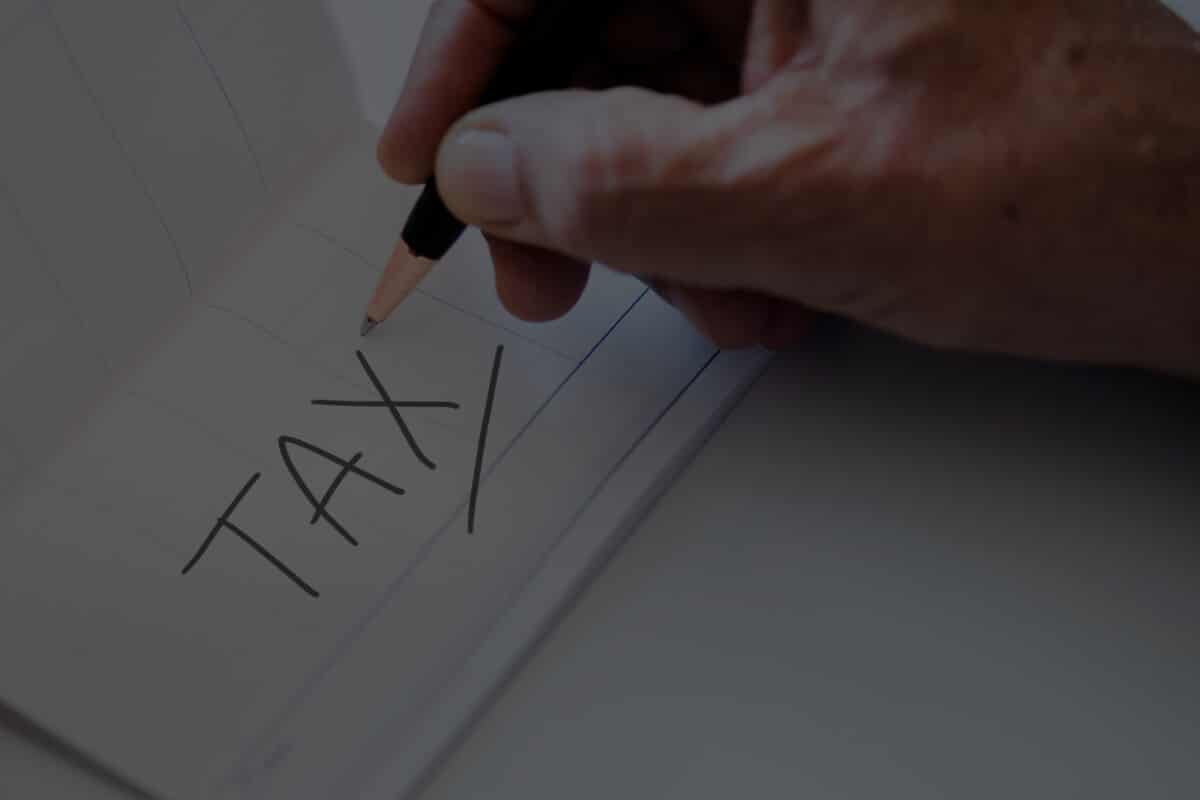Tax is the inevitable unmovable force. Despite this, there still exists ways to minimise how much tax you pay. These are generally called small business concessions, or in other cases deductibles. The short answer is you can have tax-deductible business loans such as interest on a mortgage. However, there are always many exceptions and applications for tax law.
Tax-Deductible
The function of a deductible is to limit how much tax you pay. A deductible doesn’t give or provide you with extra money. Instead, it changes how much you tax you pay. For example, you could have earnt $200,000 in revenue. Then you could claim expenses such as assets depreciating in value. This may reduce your “taxable amount” to 150,000. In order to claim a business deductible, it must be money which you spent on your business. You should also make sure you have records of these purchases. If you’re unsure about which things to calculate as a deductible you can check with a taxation lawyer.
Business loans
The Income Tax Assessment Act 1997 (Cth) s 8 covers deductions. The act allows you to claim a deduction from assessable income for a loss/outgoing if one of two conditions are met. The business must either incur this during the gaining or producing its income. The other category is if it was necessarily incurred in carrying on a business. This means as a business you generally should be ok to claim interest for a business loan. Even though the business loan can be used to purchase assets, the interest is still not counted on the capital account. Again the key aspect is it needs to be for business purposes.
Part business part personal
If you run a business out of your own home then you might be able to claim more deductions. For example, you could have a mortgage on your house. Since part of the house may be used for a business, then part of that loan is a business loan. This means you could claim part of the mortgage interest as a tax deductible. Usually, your house would be exempt from capital gains tax. However, as part of the house is for business purposes it would be an asset. Therefore, when you sell the house, you would need to pay CGT for part of the house.
Home assets
You can extend this to other assets in your house. For example, if you need to use a printer in connection with your business you can claim depreciation on that asset in part. Likewise, you may need to use an oven to operate as an online food business. Then you may be able to claim part of that asset as a deductible through depreciation.
Have more questions? Contact a LawPath consultant on 1800 529 728 to learn more about customising legal documents and obtaining a fixed-fee quote from Australia’s largest legal marketplace.




